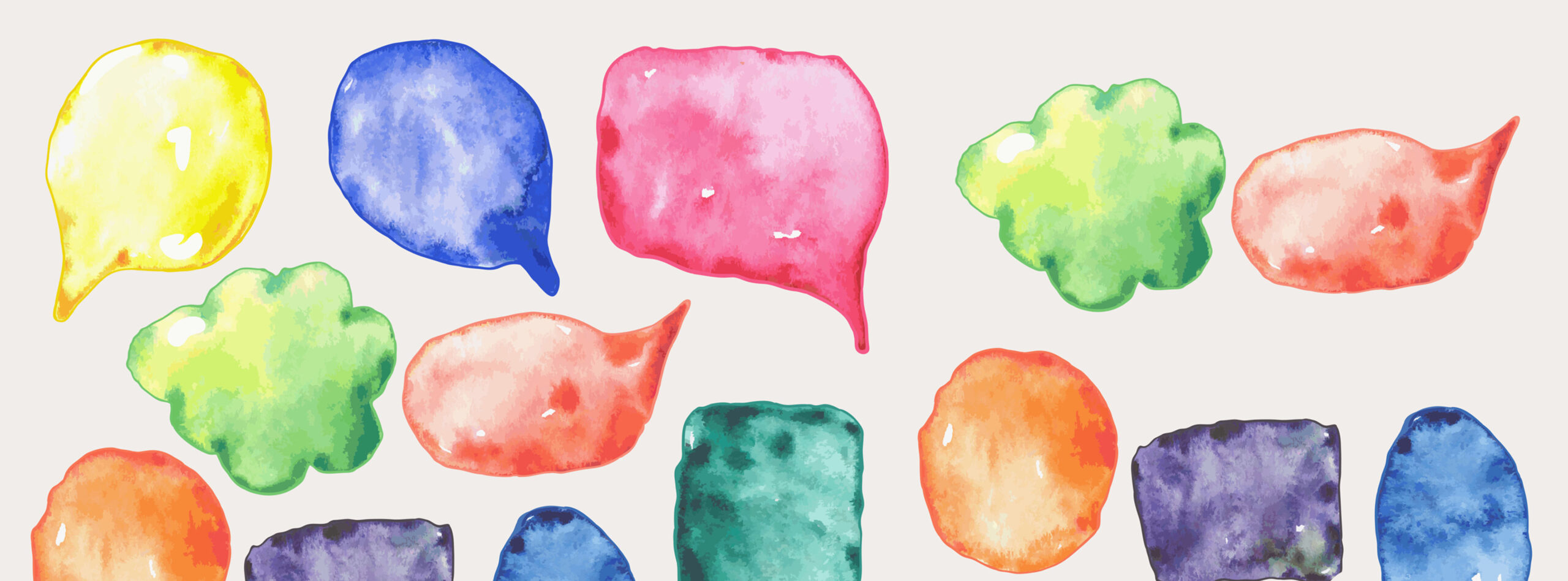As we grapple with the horrific mass violence that occurred this past month – and that continues daily in the United States – one piece that gave us solace and inspiration came from Valarie Kaur, the founder of The Revolutionary Love Project, who offered up this Love Letter to You After Uvalde. At the Horizons Project, we believe in the power of staying connected; in joining together across difference to combat hate and violence; and, to organize for meaningful change. In that spirit, we’re sharing some of the great work and thought-provoking ideas that brought together peacebuilding, democracy, and social justice from recent weeks.
READING
“Why Addressing the Historical Legacy of Racial Injustice is Essential for a Healthy Democracy.” Treston Codrington and Matt Leighninger reflect on different processes globally that support civic engagement in addressing historic injustices, and the interplay between truth-seeking and reconciliation.
“Women’s Rights and Democracy Are Inextricably Linked.” Jennifer Weiss-Wolf writes about decreases in women’s rights, “not merely the byproducts of a democracy on the decline. Rather they also drive a downward spiral [that] can inevitably lead to deeper inequality and wider gaps in participation, a truly vicious cycle.”
“Culture, Deep Narratives and…. Whac-A-Mole?” by Ruth Taylor. “As campaigners and organizers, communicators, lobbyists and funders, much of our attention is placed on the immediate outcomes which we set out to achieve.” Taylor asks for deeper reflection, ‘what values does my work promote and foreground?’ and ‘what deep narratives about the world, and our role as human beings, does it reinforce or amplify?’
“Reducing Pernicious Polarization: A Comparative Historical Analysis of Depolarization.” This working paper by the Carnegie Endowment for International Peace examines the conditions under which perniciously polarized countries have successfully depolarized for a sustainable period of time.
“The Doom Spiral of Pernicious Polarization.” Yascha Mounk offers another take on the Carnegie report mentioned above; he reflects on how the experience of polarization in the US is comparable (or not) to other countries.
WATCHING
“Democracy Set Aflame: Is Polarization Really the Problem?” You won’t want to miss this recording of a recent discussion by two giants in their fields, john a powell and Marshall Ganz, musing on the many intersections of bridging and social movements.
“America’s Empathy Deficit: Our Bloody Heirloom and the Invisible Backpack.” It’s graduation season! Enjoy this provocative and inspiring commencement speech by Dr. Jae Williams, an award-winning storyteller and social justice advocate, as he received Northeastern University’s Dean’s Medal for Outstanding Doctoral Work.
“An Anti-Immigration Media Machine: Study Tracks White Supremacist Talking Points Online.” Watch this short news clip with Shauna Siggelkow, Hassan Ahmad, and Alicia Menendez discussing a new report by Define American that tracked the impact, tactics, and reach of anti-immigration narratives on YouTube — and tools to fight back.
“Exploring Hate: Antisemitism, Racism, and Extremism.” In Part 2 of a 5-part series, be/longing: Asian Americans Now, Dr. Richard Park discusses his mission to serve poor and elderly Asian immigrants, which has become more urgent as hate crimes have surged against the Asian American and Pacific Islanders community.
LISTENING TO
“How To Free Our Minds — with Cult Deprogramming Expert Dr. Steven Hassan.” This episode of the podcast Your Undivided Attention offers an interesting discussion on the degree to which we are all under some form of undue influence, especially because of technology and social media, and the extent we are aware of this influence.
“The Good Fight Podcast: Daniel Ziblatt.” Yascha Mounk and Daniel Ziblatt have a conversation about the impact of COVID-19 on populism and democracy.
“The Limits of Forgiveness.” In this Vox Conversations podcast, philosopher Lucy Allais reflects on human nature, concepts of power, and the limits of forgiveness. From her perspective as a South African living in the US, she discusses the contours of forgiveness as a political tool to move forward as a polarized democracy.
“Anne Applebaum on What Liberals Misunderstand About Authoritarianism.” This podcast discussion with Ezra Klein reflects on how “radical loneliness” can lay the groundwork for authoritarianism, the seductive allure of conspiracy theories, and how modern propaganda feeds off a combination of gullibility and cynicism.
INTERESTING TWEETS
Ruth Taylor compiled a meaty Twitter thread of resources and experts for those interested in learning more about narrative change. Trevor Smith then complemented this compilation with additional resources, expertise, and perspectives from people of color.
Debra Caplan breaks down Alfred Crosby’s America’s Forgotten Pandemic about the 1918 Flu; and she applies those lessons to our current lack of memorializing the societal impact of COVID-19.
Ros Atkins recently gave a speech at the Society of Editors in the UK on the future of journalism and posted it as a Twitter thread.
Natalia Banulescu-Bogdan tweeted a summary of the Migration Policy Institute’s new study on public opinions and narratives on refugees around the globe, and what does and does not work.
AND NOW FOR SOMETHING COMPLETELY DIFFERENT
The Othering & Belonging Institute curated a playlist by those who attended their recent Culture of Care event.

